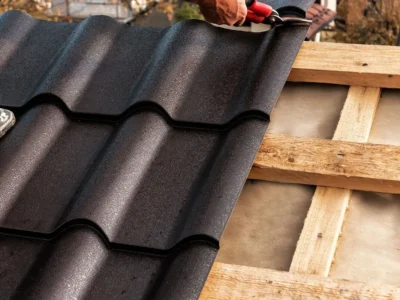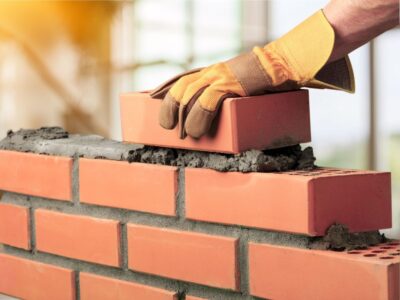When it comes to finding your dream home, there are numerous factors to consider. From location to size, amenities to price, the choices can seem overwhelming. One important aspect that should be on every homebuyer’s checklist is the home energy efficiency rating. In this article, we will explore how to choose the perfect property with a focus on energy efficiency.
Why Energy Efficiency Matters
Energy efficiency is crucial for several reasons. First and foremost, an energy-efficient home can significantly reduce your monthly utility bills. By minimizing energy waste, you not only save money but also contribute to a greener environment. Additionally, an energy-efficient home is more comfortable to live in, with better insulation and temperature control.
Assessing the Home Energy Efficiency Rating
Before diving into the homebuying process, it’s crucial to understand the home energy efficiency rating system. In the UK, the Energy Performance Certificate (EPC) provides a rating from A to G, with A being the most energy-efficient and G being the least. The certificate also contains valuable information about the property’s current energy usage and potential improvements. By reviewing the EPC, you can make an informed decision about a property’s energy efficiency.
Location: A Key Factor
When choosing a property, location is often paramount. Not only can it impact your daily life but also the energy efficiency of your home. If your dream home is situated in an urban area, it may have access to public transportation, reducing the need for excessive car usage and decreasing your carbon footprint. On the other hand, a secluded rural property might rely on alternative energy sources such as solar or wind power. Understanding the location’s impact on energy efficiency is vital in making an informed decision.
Insulation: Heat and Cool Efficiently
One of the essential factors for energy efficiency is insulation. Poorly insulated homes allow heat to escape during winter and let in too much heat during summer. Make sure to assess the property’s insulation, including double-glazed windows, wall insulation, and loft insulation. A well-insulated home will not only yield significant energy savings in the long run but also improve your comfort throughout the year.
Heating and Cooling Systems
The heating and cooling systems play a crucial role in a home’s energy efficiency. Consider a property that utilizes energy-efficient heating systems such as condensing boilers or heat pumps. Additionally, an advanced programmable thermostat allows you to regulate temperature based on your schedule, leading to efficient energy use. By choosing a property with modern, energy-efficient heating and cooling systems, you can achieve significant savings while staying comfortable.
Appliance Energy Ratings
Another aspect to consider when evaluating a property’s overall energy efficiency is the energy ratings of the appliances. Look for the Energy Saving Trust recommended logo on appliances such as refrigerators, washing machines, and dishwashers. Energy-efficient appliances not only use less energy but also contribute to a greener environment and lower utility bills.
Renewable Energy Potential
If you’re passionate about sustainability and want to reduce your carbon footprint, consider properties with renewable energy potential. Solar panels, for example, can generate electricity and reduce your dependency on the grid. While the upfront cost may seem high, the long-term savings and environmental benefits make it a worthwhile investment.
Consulting Professionals
Throughout the homebuying journey, it is advisable to consult professionals who can provide expert advice on energy efficiency. Home energy assessors can help you understand the potential improvements a property needs to increase its energy efficiency. They can also offer insights on available grants, rebates, or financial incentives for making energy-efficient upgrades, making your dream home more affordable and sustainable.
When searching for your dream home, energy efficiency should be a priority. By considering the home energy efficiency rating, location, insulation, heating and cooling systems, appliance energy ratings, renewable energy potential, and consulting professionals, you can choose the perfect property that aligns with your sustainability goals and provides long-term savings. Remember, an energy-efficient home is not only good for your wallet but also for the environment. Happy house hunting!













Comments